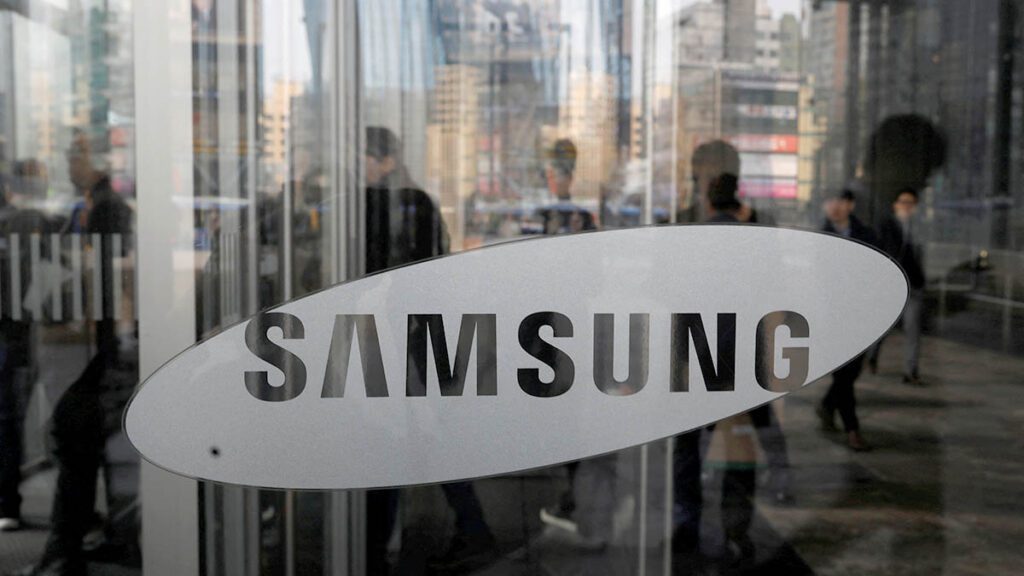
Samsung Electronics Co Ltd said on Thursday it expects firm data centre demand for high-margin memory chips to continue in the second half, but warned component shortages will likely persist as well.
The world’s top memory chip and smartphone maker said underlying server chip demand appears “relatively solid” as companies boost investments and look to new technologies to increase their business.
“Companies are now expanding IT infrastructure, and cloud companies are expanding investments to explore new growth areas like artificial intelligence and machine learning,” said Han Jin-man, executive vice president of Samsung’s memory chip business during an earnings call.
“However, there are still some parts supply issues, which could lead to disruptions. We’re going to monitor demand fluctuations very closely and intend to provide supply that fits the demand,” he said.
Samsung forecast weaker demand for mobile phone and personal computer chips in Q2 as consumers weather issues such as rising inflation and COVID-19 lockdowns, but corporate PC demand is expected to remain solid, while more 5G-capable phone rollouts in the second half could lift mobile demand.
Memory chip rival SK Hynix offered a similar outlook on Wednesday.
Analysts said Samsung’s recent focus on selling more high-margin memory products to prioritise profitability over volume would ultimately limit shipments and help boost DRAM prices later in the year, as would the limited increases in chip production capacity due to delivery delays in chipmaking gear.
In the chip contract manufacturing business which counts Qualcomm and Nvidia as clients, Samsung said its order book for the next five years was eight times its 2021 revenue.
It plans to win more top-tier customers for chip manufacturing in fields outside mobile phones, such as high performance computing, network equipment and the automotive industry.
Samsung forecast continued growth in the smartphone market in the second half despite component shortages, and expected the foldable phone market to double in size from the previous year.
PROFIT JUMP
The South Korean giant confirmed a 51 percent rise in operating profit to 14.1 trillion won ($11.1 billion) for the quarter ended March 31, in line with its previous forecast. It was the company’s highest first-quarter profit since 2018.
Still, Samsung shares traded down 0.6 percent on Thursday, compared with a 0.7 percent rise in the wider market, extending a year-to-date fall of 17 percent.
“Samsung’s stock price is a market issue, rather than an issue arising from the company,” said Park Sung-soon, analyst at Cape Investment & Securities.
“In the past, when the memory chip industry was very cyclical, there was high visibility in demand, so investment was attractively predictable. But now there are all these macro issues and low demand visibility.”
Profits at its chip business rose to 8.45 trillion won, more than double the 3.36 trillion won a year earlier, fueled by record sales of server chips in the quarter.
Profits at the mobile and network business came in at 3.8 trillion won in the first quarter, down 13 percent from a year ago. Sales were supported by ramped-up production of the mid-to-low-end Galaxy A series and the launch of Samsung’s flagship Galaxy S22 series, said Canalys analyst Sanyam Chaurasia.
Overall revenue rose 19 percent to a record 77.8 trillion won.
($1 = 1,271.3900 won)
SEOUL (Reuters)